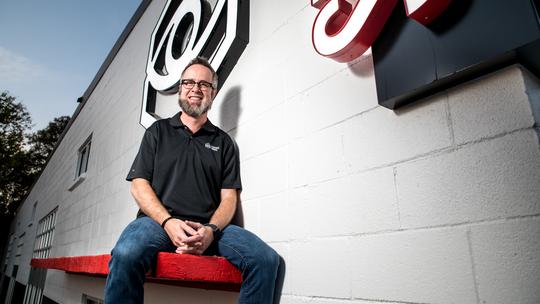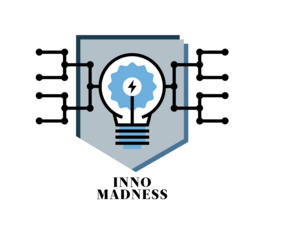
Two of the most promising technologies in the world, artificial intelligence and quantum computing, seem to be advancing at light speed. But the leaders of Austin-based quantum computing startup Strangeworks Inc. aren't in a rush.
"We're taking a very slow, methodical approach," said founder and CEO William Hurley, aka Whurley. "We think that this is a marathon with a couple of sprints in it. Too many companies are running out raising too much money too fast. ... We try to keep the law of unintended consequences close at hand and front of mind."
Strangeworks — which basically outsources quantum computing capabilities to others — has been using AI in its quantum computing products for years, but now it is poised to expand its use of the two heavily hyped technologies on the heels of a $24 million funding round that was announced March 21.
The company's series A funding round was led by Hitachi Ventures, with investment from IBM Corp. (NYSE: IBM) and Raytheon Technologies Corp. (NYSE: RTX), big players that rarely invest in early-stage rounds. The company's prior backers, including Lightspeed Venture Partners, Great Point Ventures and Ecliptic Capital, which Whurley co-founded, also backed the company.
It was the first new funding for Strangeworks since a $4 million seed round in 2018 shortly after its launch, which speaks to its slow approach.
For years, the company operated with a small team of 14 people in an East Austin office off Cesar Chavez Street. In recent months, it has expanded to 21 people, including employees in Europe and beyond. Whurley said the company plans to continue hiring front-end developers, as well as specialists in quantum computing, high-performance computing and AI. The company's platform offers original quantum and quantum-inspired products, and it has a marketplace where companies can access products from other quantum computing developers.
Quantum computing is still pretty abstract to most of the world. But it is used to simulate the behavior of molecules, which could help to identify new drug candidates, as well as in materials design, computer chip design and industrial computing. One day, quantum computers are expected to help unlock even more profound advances in medicine and research.
In a sign of quantum computing's increasing mainstream mindshare, Time magazine dedicated a February cover to quantum computing and the great potential and threats that it may present in the not-too-distant future.
"I think we're gonna' see quantum computing pick up a lot, as far as the general public awareness and as far as companies deploying quantum solutions," Whurley predicted.
Whurley — who previously co-founded Honest Dollar and Chaotic Moon, acquired by Goldman Sachs and Accenture, respectively — said last week during a South by Southwest presentation that when his team started Strangeworks in 2018, IBM had 17 qubits of quantum computing processing power. Just as a bit is the basic unit of information in a classical computer, a qubit is the basic unit of information in a quantum computer.
A few months later, it had 50, and then Google announced it had 72. These days, IBM has advanced to a 433-qubit machine, with plans to have a 1,200-qubit machine soon.
While many of those advances happen behind the scenes and aren't accessible to most of us, the progress of AI is an entirely different story. The November launch of OpenAI's ChatGPT has captivated widespread attention, which was recently followed up by the release of GPT4 and Google's AI chatbot Bard. The pace is astounding, even to tech professionals.
Whurley has leaned so heavily into AI that he used it to craft his entire SXSW presentation this year.
"We live in the greatest time to be alive in the history of mankind," Whurley said, reading last week from an AI-generated script last week. "We are on the verge of technological evolution that is unparalleled. Quantum computing and artificial intelligence are going to drive us into a completely new future."
But, prompted by Whurley, the AI-generated presentation also threw up warning flags.
"We can no longer move fast and break things," he said. "We have to think very methodically about what we're creating, what we're releasing into the world who we're letting have access to it."
Without the AI assist, he more recently put it this way: "It's more important now than ever to have both quantum and AI ethics, and to be focused on the potential misuses of these technologies so that we're, at the minimum, aware of them. But hopefully, we're able to circumvent them so that these technologies do what they're built to do, which is do a bunch of good in the world."







